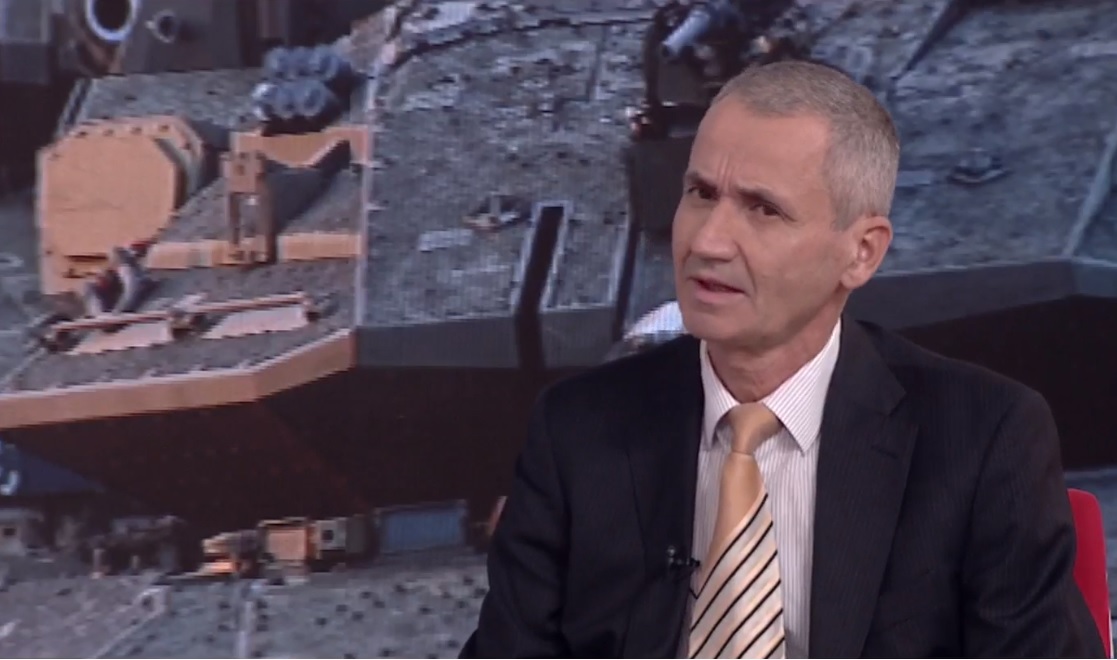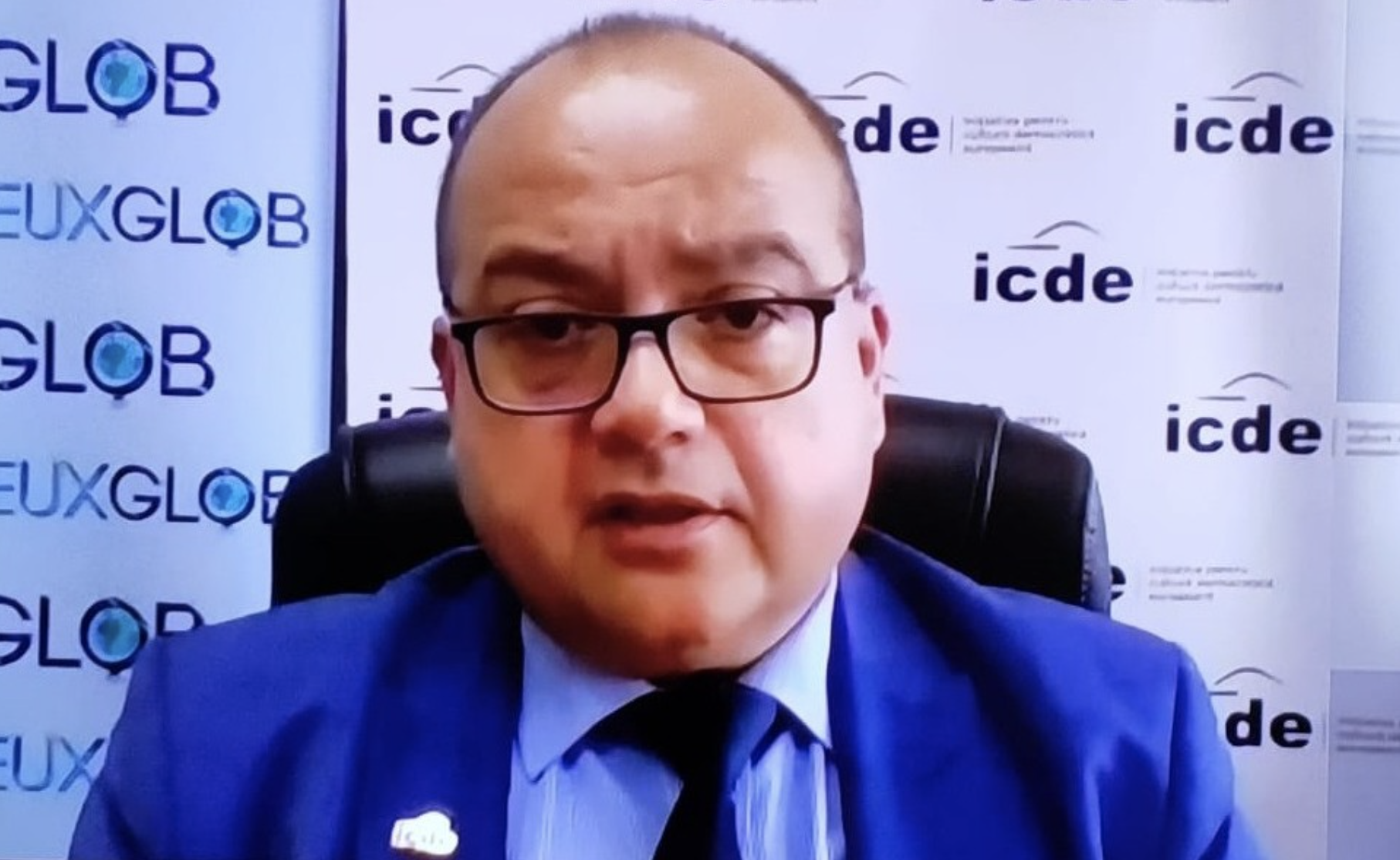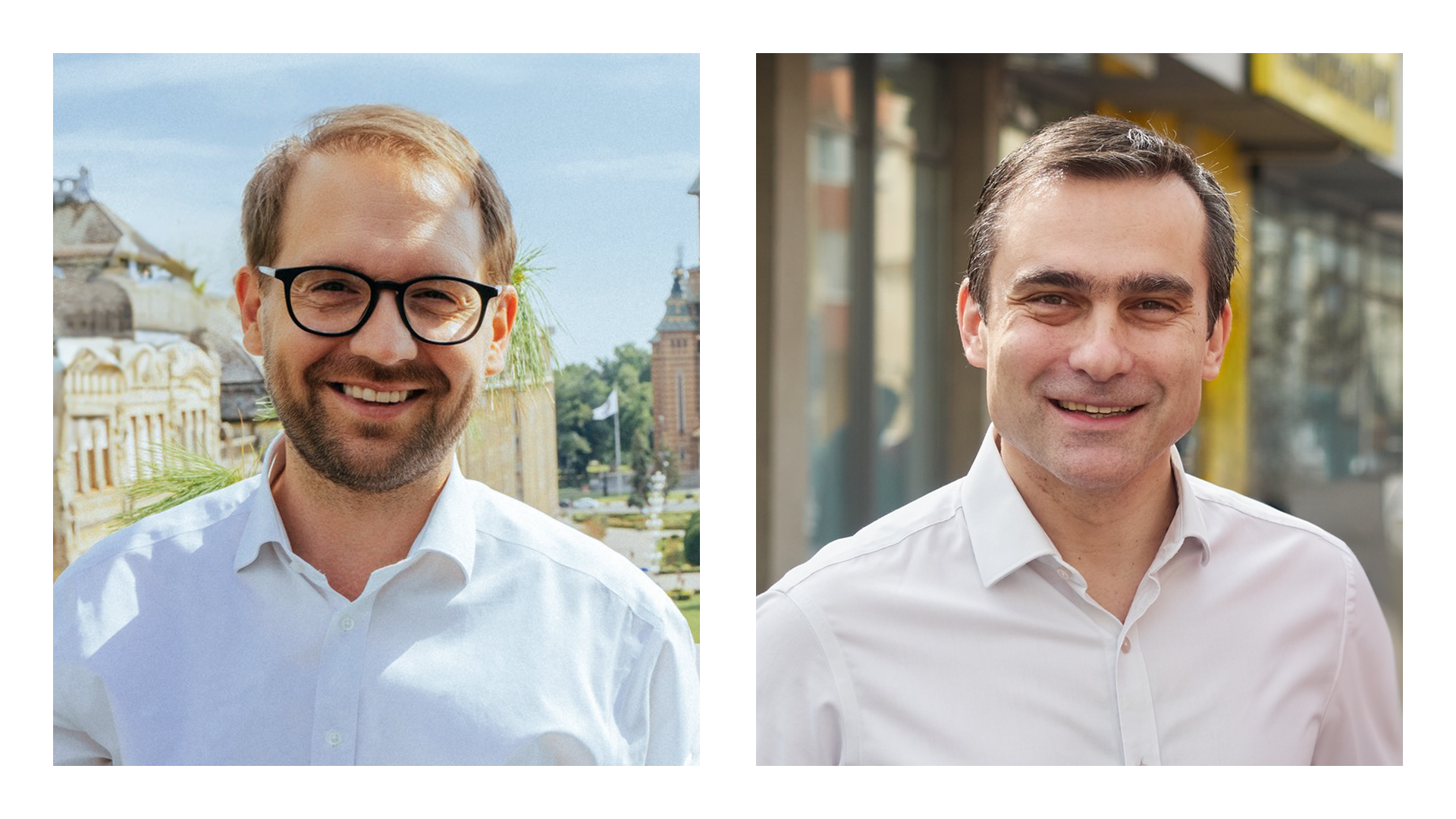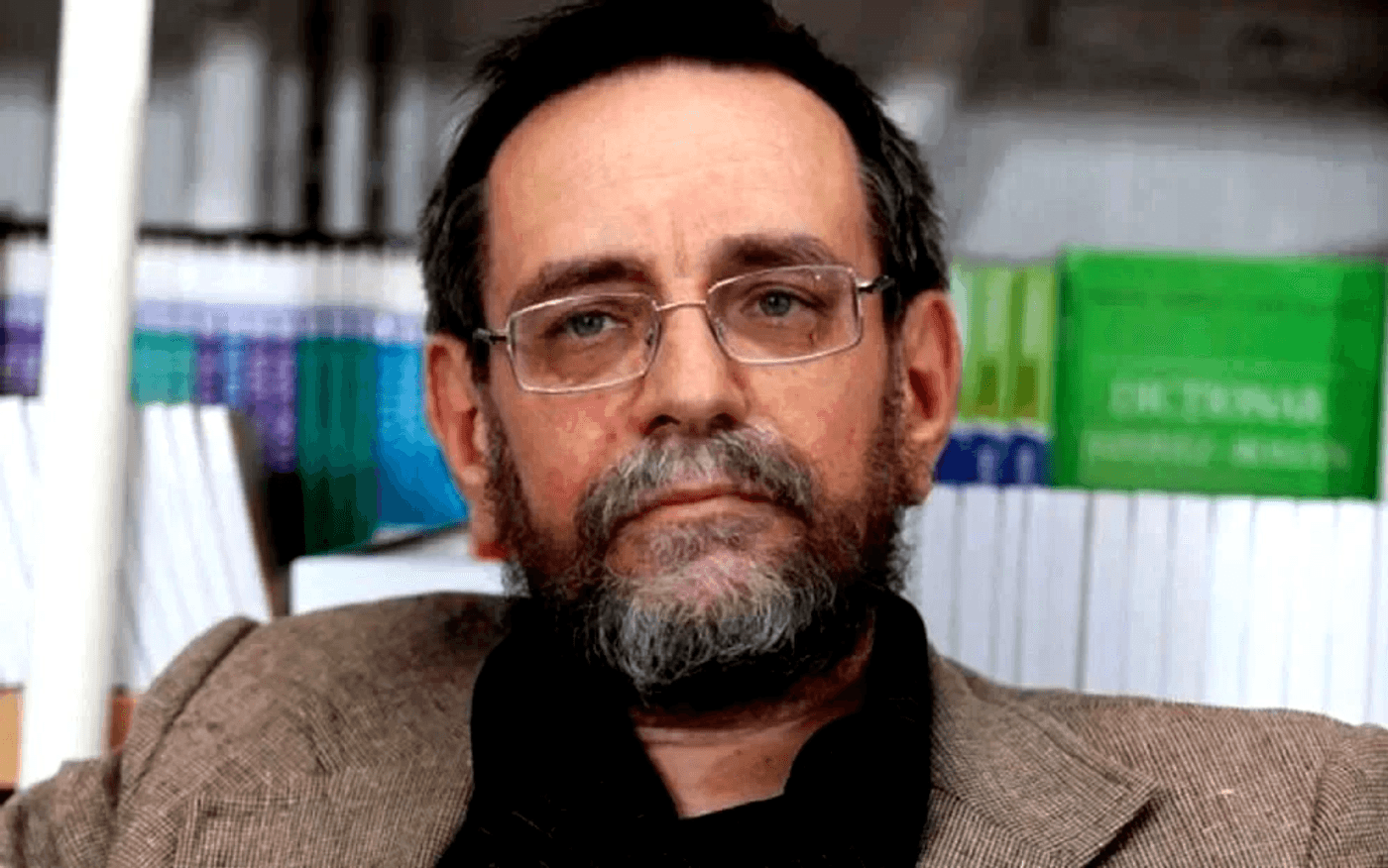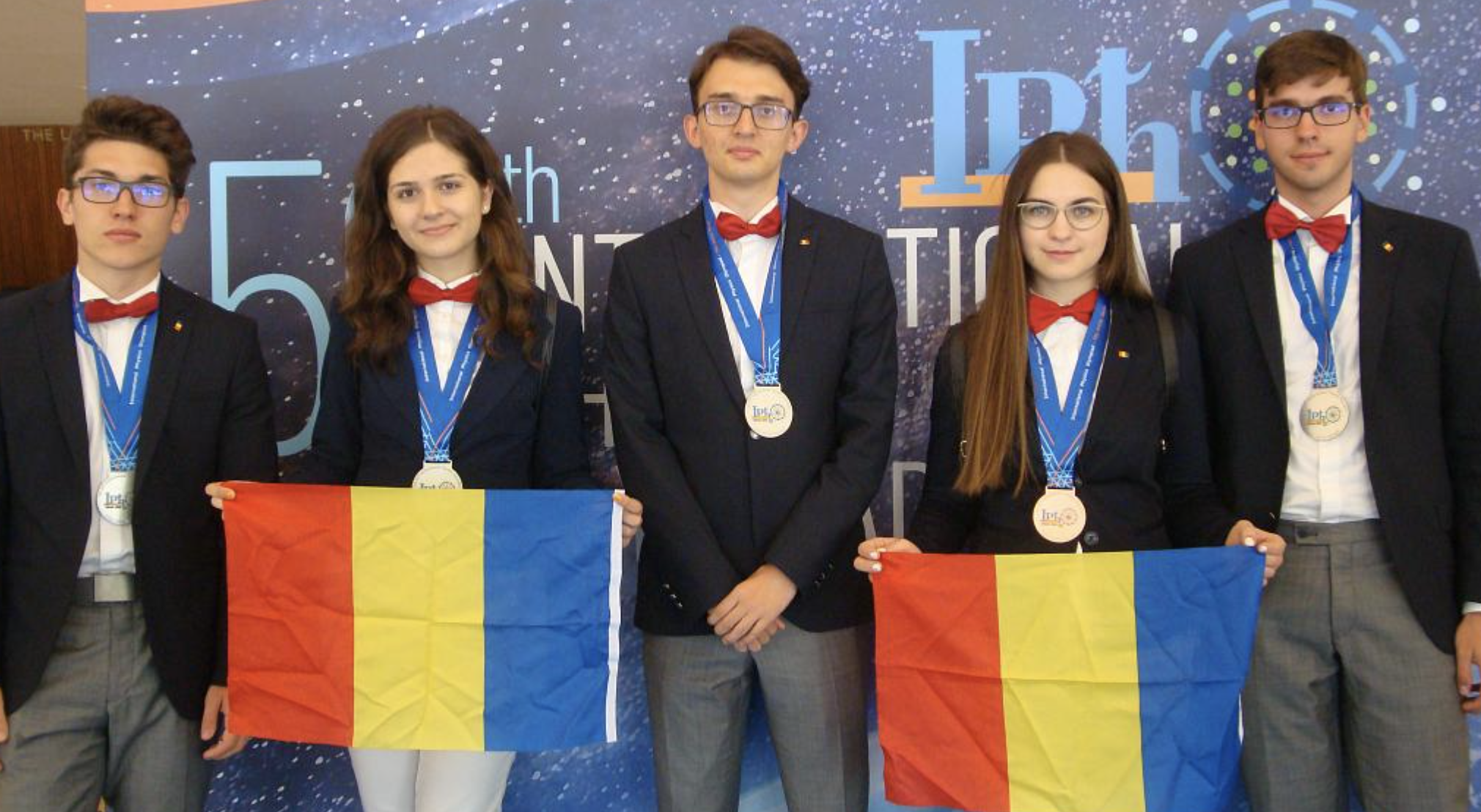Premierul Olandei: „Nu am un mesaj usor pentru voi. Realitatea este ca o mare parte din populatia olandeza va fi infectata cu noul coronavirus”
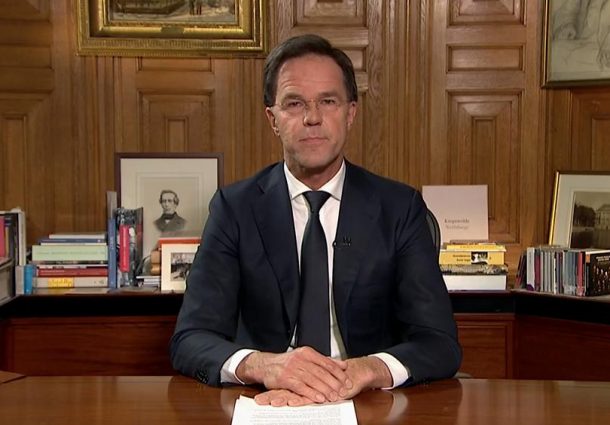
Premierul olandez Mark Rutte a declarat luni ca vrea sa favorizeze dezvoltarea unei imunitati colective in Olanda, unde – a avertizat el – cea mai mare parte a compatriotilor sai va fi contaminata cu noul coronavirus, excluzand o izolare totala a populatiei, potrivit France Presse.
„Nu am un mesaj usor pentru voi in aceasta seara. Realitatea este ca o mare parte din populatia olandeza va fi infectata cu noul coronavirus. Asta ne spun expertii”, a declarat Rutte cu un aer grav intr-un discurs televizat, informeaza Agerpres.
Guvernul olandez a ordonat duminica inchiderea tuturor scolilor, barurilor, restaurantelor, caselor de toleranta si cafenelelor pana la 6 aprilie.
In discursul sau catre natiune luni, premierul a anuntat ca guvernul sau vrea sa ajunga la o „imunitate de grup” in asteptarea unui vaccin, lasand persoanele cele mai putin vulnerabile sa primeasca virusul, protejand in acelasi timp persoanele varstnice si bolnave, ceea ce ar putea lua „luni, daca nu chiar mai mult”.
El a subliniat ca spre deosebire de Italia, Spania si Franta, care au impus masuri puternice pentru a stopa propagarea Covid-19, Olanda nu are in vedere o izolare totala.
„In acest scenariu, vom trebui sa ne inchidem tara timp de un an sau chiar mai mult, cu toate consecintele” pe care aceasta le implica, a explicat el, adaugand ca virusul „ar putea reaparea imediat daca masurile sunt sistate”.
Potrivit ultimului bilant al autoritatilor, 1.413 de cazuri de contaminare cu noul coronavirus au fost detectate in Olanda, dintre care 24 de decese.
Discursul integral al lui Mark Rutte, in limba engleza
Good evening,
The coronavirus has our country in its grip. Us and the rest of the world. Together we are faced with a task of enormous size.
Many people will recognize the feeling that we have been on a rollercoaster in recent weeks that seems to be going faster and faster. You wonder, „Is this really happening?” because the measures taken here and elsewhere are unprecedented for countries in peacetime.
At the beginning of this speech, I would like to express my condolences to the families of those who have died from the virus. To everyone who is in the hospital or who is recovering at home, I wish much improvement and strength.
And I want to address the elderly and people with poor health. I realize that you are very concerned, and that is why I want to tell you that our absolute priority is to minimize your risks.
With all the news from home and abroad, with all the events that follow each other at breakneck speed, it makes perfect sense that there are very broad concerns in society. We all have questions.
„What can I do to protect myself ad those around me?”
„What about school and work?”
„Can a children’s party continue? A family weekend? A wedding?”
„How long will all this take?”
„And why does one country take different measures than another?”
In today’s world, news and information is faster than the speed of light and opinions are also quickly given. I understand that. But the answers to all the questions, begins with the knowledge and experience of experts.
Let us hold on to that.
To experts such as Jaap van Dissel and his colleagues inside and outside [public health agency] RIVM. Virologists, intensive care physicians and other specialists. From the beginning, their advice has guided all measurers that have been taken in the Netherlands so far. And it is important that we continue to sail according to that compass of scientific knowledge and reliable facts.
That is the only sensible way to continue taking the necessary steps. Steps that are inevitably coming our way.
Because I do not have an easy message for you tonight.
The reality is that the coronavirus is among us and will remain among us for the time being. There is no easy or quick way ou of this very difficult situation. The reality is that in the near future a large part of the Dutch population will be infected with the virus.
That is what the experts are telling us now. And what they also tell us is that, pending a vaccine or medicine, we can slow down the spread of the virus while at the same time building group immunity in a controlled way.
I have to explain that.
Those who have had the virus are usually immune afterwards. Just like in the old days with measles. The larger the group that is immune, the less chance that the virus will jump to vulnerable elderly people and people with poor health. With group immunity you build, as it were, a protective wall around them.
That is the principle. But we have to realize that it can take months or even longer to build up group immunity and ruing that time we need to shield people who are at greater risk as much as possible.
All in all, there are three possible scenarios. The first scenario is: maximally controlling the virus. This leads to controlled distribution among groups that are least at risk.
That is our scenario of choice. Maximum control means that we try to use measures to level off and smooth the peak in the number of infections and spread it over a longer period.
With this approach in which most people will only get minor complaints, we build immunity and ensure that the healthcare system can handle it. With the aim that nursing homes, in-home care, hospitals, and especially intensive care units are not overloaded. So that there is always sufficient capacity to help the people who are most vulnerable.
The second scenario is that we let the virus run unchecked. This would completely overload our healthcare system at the peak of contamination, leaving insufficient capacity to help vulnerable elderly and other high-risk patients. We must of course prevent that at all costs.
The third scenario is that we endlessly try to stop the virus. That means completely locking down the country. Such a rigorous approach may seem attractive at first sight, but experts point out that it definitely would not be a matter of days or weeks.
In that scenario, we would in fact have to shut down our country for a year or even longer, with all the consequences that entails. And even if it were practically possible – to only let people leave their homes with permission for such a long time – then the virus could immediately resurface if the measures were withdrawn.
The Netherlands is an open country and as long as there is no vaccine, the coronavirus will continue to spread through the world like a wave, and not skip our country.
All advice so far, all measures previously announced, are aimed at the first scenario of „maximum control”. From the relatively simple guidelines to not shake hands, wash hands more often and keep a meter and a half away, to far-reaching measures such as banning larger gatherings and closing the catering industry.
And of course we keep our finger on the pulse every day. How long the measures are needed, and whether more is needed, therefore depends on how the virus will behave in the coming weeks and months. And of any new scientific insights, because the research is not standing still.
It may be that some measures can be relaxed, but that we sometimes have to take an extra step to prevent the virus from spreading unrestrainedly. We will continue to fit and measure in the coming months. We will continue to search for the balance between taking the necessary measures and allowing ordinary life to continue as much as possible.
If we can control the spread of the virus in this way, the consequences for public health are ultimately the most manageable.
At the same time, we cannot and will not close our eyes to the economic consequences of this crisis. Many people are concerned about their jobs. Because for many companies, large and small, this is an extremely difficult period.
Very many entrepreneurs suddenly have their backs against the wall. The lady of the coffee shop on the corner, the flower grower, the transportation operator, the freelancer, but it also applies to national icons such as KLM.
My message to the entrepreneurs of the Netherlands and their employees is this: the cabinet will do what it takes to support you. We are committed to ensuring that businesses do not fall because of what is happening now and that people do not lose their jobs.
Either way, it will be a difficult time, but we will not let you down.
Finally, I would like to thank everyone in the Netherlands for the way in which the directions and measures have been followed so far and for all the heartwarming examples of mutual aid and solidarity.
It is good to see that we also stand ready for each other when there is need. Keep doing that. Stay alert and follow the directions, even if you are strong and healthy, for the benefit of people who are more vulnerable.
That is really important.
Continue to use common sense and listen to the experts. Continue to help each other where possible. This is a time when we need to find each other, over disagreements and contradiction. A time to put the common interest above the personal interest.
A time to give space and trust to all those people who are busy day and night in hectic circumstances to help others, and keep the virus under control. Cleaners, nurses and doctors in hospitals and elderly care, general practitioners and GGD employees, police officers, ambulance personnel and all other care providers.
To them, and to all those people who stay in their jobs in schools, childcare, public transport, supermarkets, and anywhere else, I want to say: you are doing a fantastic job – thank you very much for that.
I would like to end with this appeal: with all the uncertainties out there, one thing is absolutely clear: the task we are facing is very big and we really have to do this with 17 million people. Together we will overcome this difficult period.
Look after each other a bit. I am counting on you.
Thank you.
Sursa: NL Times





